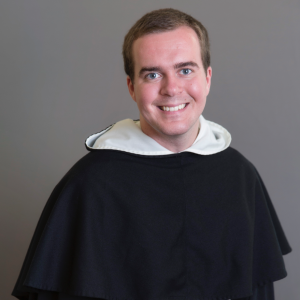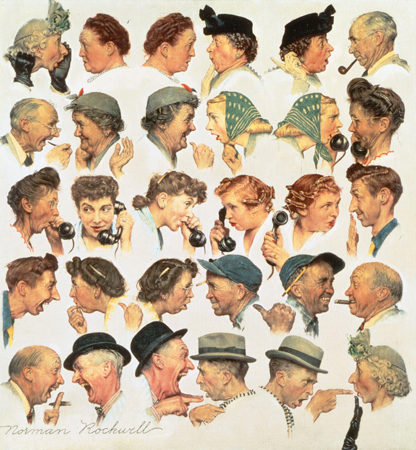
-inscription on the Archbasilica of St. John Lateran in Rome: Indulgentia plenaria perpetua quotidiana toties quoties pro vivis et defunctis (“Perpetual everyday plenary indulgence on every occasion for the living and the dead”), please click on the image for greater detail.
“Truly I tell you, you will not get out until you have paid the last penny.” -Mt 5:26
“You probably don’t have the Enchiridion Indulgentiarum—the Manual of Indulgences—sitting on your bookshelf. But you should.
The Enchiridion is the official declaration of the indulgences available to the faithful, and it’s beautiful to read. It’s short, the decrees themselves are only about 60 pages long and come with another 60 pages of appendices. But in those short pages you find an account of the treasury of the Church’s riches. Reading it is like pouring over the manifest bill of a hidden treasure, and finding the map where “X” marks the spot.
But first, a brief note on indulgences. When we sin, we harm or destroy our friendship with God, a friendship restored in the Sacrament of Confession. But at the same time, sin damages the good ordering and justice of creation. It damages the good ordering within ourselves, distorting the relationship between our reason and our emotions. It damages the good ordering of our family and society, distorting the relationships between people. And it damages the good ordering of creation as a whole, distorting our relationship to the natural world beneath and the angelic world above. Out of sin comes chaos. So it’s necessary that personal, social, and cosmic order be reestablished to heal the wounds of sin.
We accomplish the reintegration of order, the expiation of the chaos of sin, by submitting ourselves to order and justice in voluntary reparation. This is called the temporal punishment due to sin. In the light of God’s forgiveness, it is a medicinal and purificating punishment, restoring order and justice within ourselves, within family and society, and within creation itself. Temporal punishments are paid either in this world through a patient bearing of the sorrows, miseries, and calamities of life (and above all through a holy death), or else in the life to come through the purifying punishments of purgatory.
And that is where indulgences come in. For there is among men a supernatural solidarity where the holiness of one benefits all the rest. “If one member is honored, all rejoice together” (1 Cor 12:26). This is the foundation of the treasury of the Church, a treasury consisting of the infinite and inexhaustible holiness of Christ our Lord, who offered himself to free all mankind from sin and its chaos. The Blessed Virgin Mary and all of the saints have followed in the footsteps of Christ and, by his grace, have sanctified their lives and united themselves to his holiness, multiplying his holiness in their own lives. The Church, in Christ her head and in her glorified members, possesses an unfathomable wealth of grace and holiness. She opens her treasury and offers that wealth to us through indulgences, given on the occasion of some work of charity or prayer.
There are almost certainly indulgences for things that you’ve already made a regular part of your life. There is an indulgence for reciting the Angelus, and another for the Guardian Angel prayer. There is a plenary indulgence for reciting the Rosary together in a church or family, and a plenary indulgence for adoring the Blessed Sacrament for half an hour. There is a plenary indulgence for attending the first Mass of a newly ordained priest. There is an indulgence for those who listen “with attention and devotion” to preaching, which I offer as a consolation if the homily is subpar. And there’s even an indulgence for making the Sign of the Cross!
The Church is very generous with her great treasury of holiness, and there are occasions for indulgences everywhere. But to receive an indulgence, you must want it. To quote the Enchiridion, “to gain an indulgence, one must have at least the general intention of doing so.” A general intention is a choice you make to habitually gain an indulgence, even if in the moment it isn’t at the forefront of your mind. You can kneel before the tabernacle and make a promise that every time you make the Sign of the Cross for the rest of your life you intend to avail yourself of that indulgence, and your life will be enriched.
But in order to gain these indulgences, you have to know about them. You’re almost certainly walking by treasures lying on the ground beside your path, waiting to be picked up if you could just see them. So go to Amazon and buy the Enchiridion, and perhaps make reading it a part of your Lenten practice this year. You never know what treasures you will find.”
Love & His mercy,
Matthew















